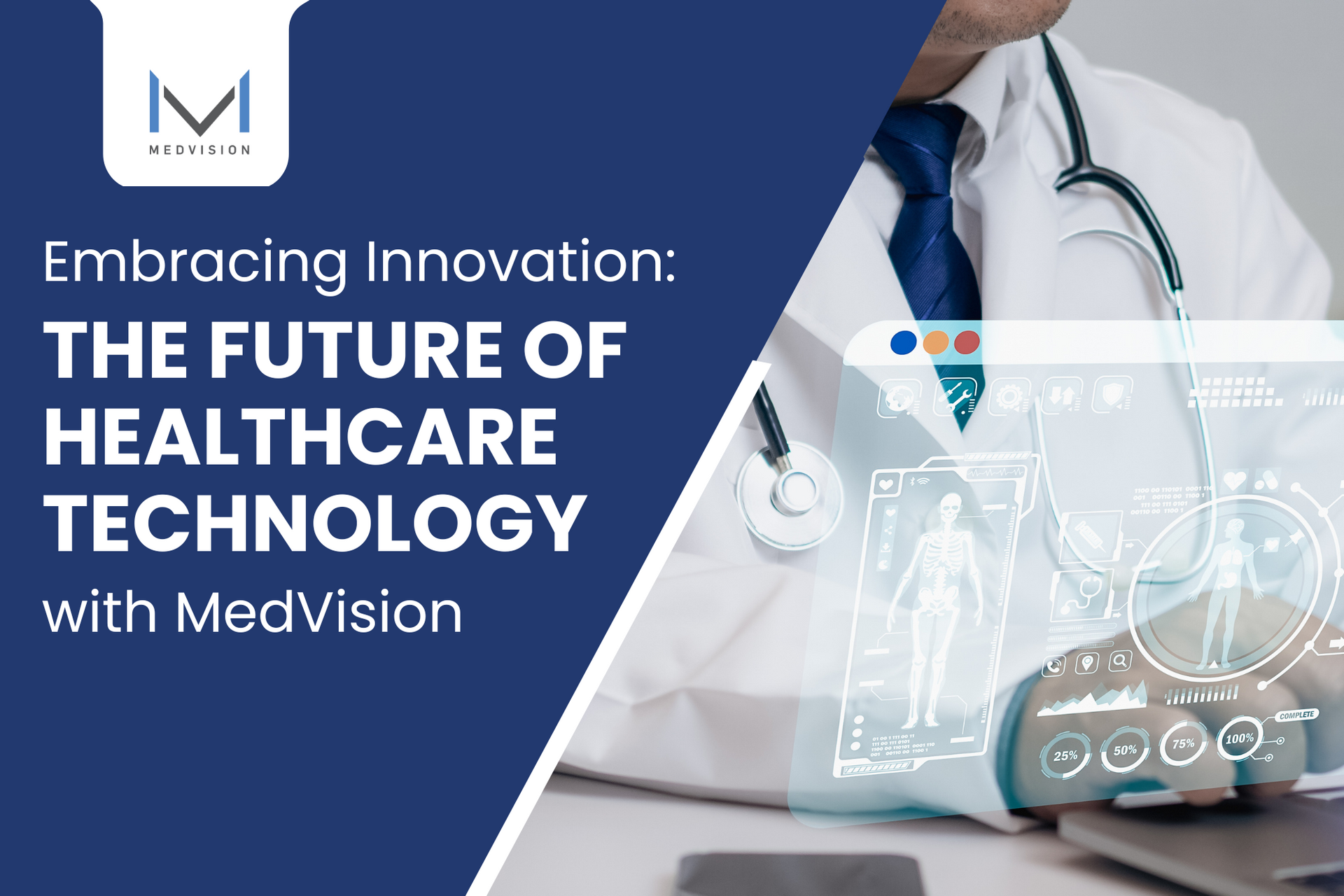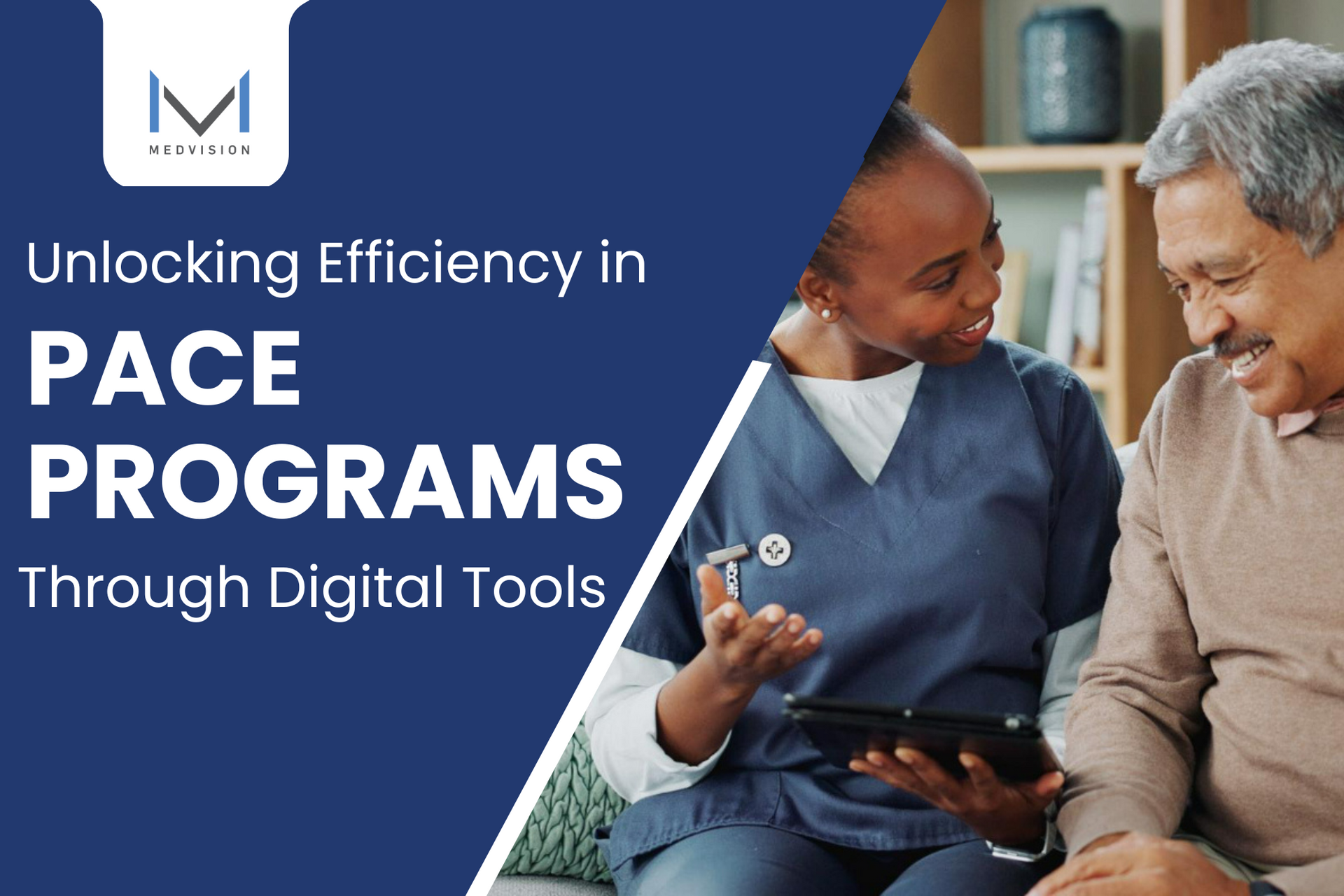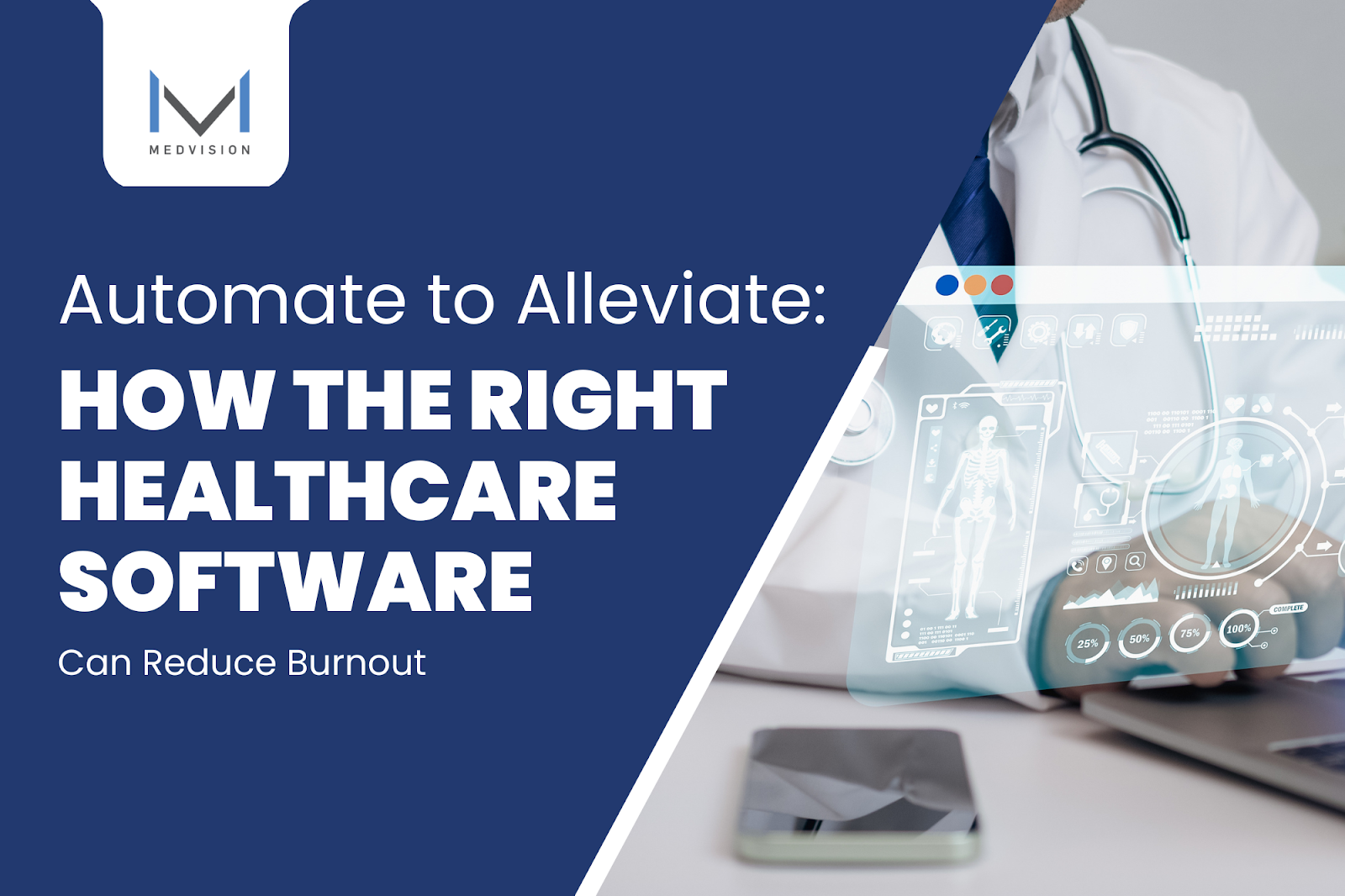Why Digitizing Healthcare is the Best Hospital MSO Strategy
Digital technologies have revolutionized every industry, and healthcare is no exception. The adoption of digital platforms has not only improved the quality of care but also increased operational efficiency in hospitals. These platforms have made assessing, transmitting, and precisely administering medical treatment easier for providers and patients alike.
Although new technologies offer benefits, high costs and a steep learning curve during implementation deter many from adopting them. Fortunately, recent trends show that technological advancements in hospital management services organizations (MSOs) are becoming more prevalent. Making the jump to digitization is now less daunting as the benefits clearly outweigh the costs.

Understanding Hospital Management Services Organizations (MSOs)
Managing hospital procedures can be overwhelming. To ensure streamlined, high-quality care, hospitals utilize MSOs to handle tedious administrative and management tasks.
MSOs help healthcare providers apply population health approaches to their practice through quality-focused frameworks like data analytics and care coordination software. This ensures that operations are up to standard. MSOs also assist in managed care arrangements, allowing patients to connect with doctors (and vice-versa) for proper care delivery.
The critical role that MOSs play in the efficient and effective management of hospitals enables healthcare providers to focus on delivering value-based care to their patients.
Read More: What Is an MSO and How Does It Benefit the Health Population?
Benefits of Adopting Digital MSO Systems
Whether for a patient or a provider, partnering with an MSO can lead to better healthcare experiences for individuals and communities. Digitizing MSO operations can enhance these advantages further. Here are a few comprehensive benefits that can be achieved with this shift:
1. Cohesive Medical Infrastructure
Digitizing MSOs can provide more streamlined medical processes for hospitals. Healthcare providers can use these technologies to track patient data and history, monitor referrals, manage claims, and generate reports. Computer-assisted processes remove the inefficiencies that come with manual paper-and-file systems that can support the fast-paced and arduous environment of hospital work.
2. Minimize Risk Factors
Effective management of resources and staffing is essential to minimizing risk factors in healthcare. Digitizing processes presents a solution through automated routine tasks like appointment scheduling, medication management, and record-keeping. Choosing this route reduces the potential for human error, accidents, and other issues that may adversely impact patient outcomes.
3. Robust Staff Support
Digitizing systems also significantly reduces the time spent on administrative processes. Electronically managing appointment scheduling, medical billing, and insurance claims processing allows healthcare providers to devote more time and resources to patient care. This improves care coordination and communication among hospital staff, improving patient outcomes.
4. Improve Healthcare Models
Digitizing hospital workflows can also improve existing healthcare models by providing more accurate and timely data for analysis. With the increasing availability of health data analytics, healthcare providers can identify trends and patterns in patient data that can lead to more effective treatment plans.
Read More: How to Design Your MSO for a Successful Operational Start

Tackling the Challenges of Digitizing Healthcare
Implementing electronic systems to manage patient information and care processes can potentially improve healthcare delivery quality, efficiency, and safety. However, introducing changes affecting an organization's structure, culture, and work can be challenging.
With MedVision as your hospital’s MSO partner, navigating healthcare’s digital transformation becomes effortless. Our Business Process as a Service (BPaaS) covers all aspects of the healthcare process, including managed care services and operations management, leaving you free to focus on delivering quality patient care. With our extensive network of partners, we provide comprehensive support for all the complex operational needs.
Let us help you streamline your healthcare workflows and achieve the best possible outcomes for your patients.
Learn More About MedVision Services
References:
- Cucciniello M, Lapsley I, Nasi G. Managing health care in the digital world: A comparative analysis. Health Services Management Research. 2016;29(4):132-142. doi:10.1177/0951484816674032
- Kraus, Sascha , Francesco Schiavone, Anna Pluzhnikova, and Anna Chiara Invernizzi. “Digital Transformation in Healthcare: Analyzing the Current State-of-Research.” Journal of Business Research 123 (February 2021): 557–67. https://doi.org/10.1016/j.jbusres.2020.10.030.
Recently published articles
Keep in touch
Subscribe to get the latest update
Trending topics
Share your insights on social media
Upcoming events and company news
















